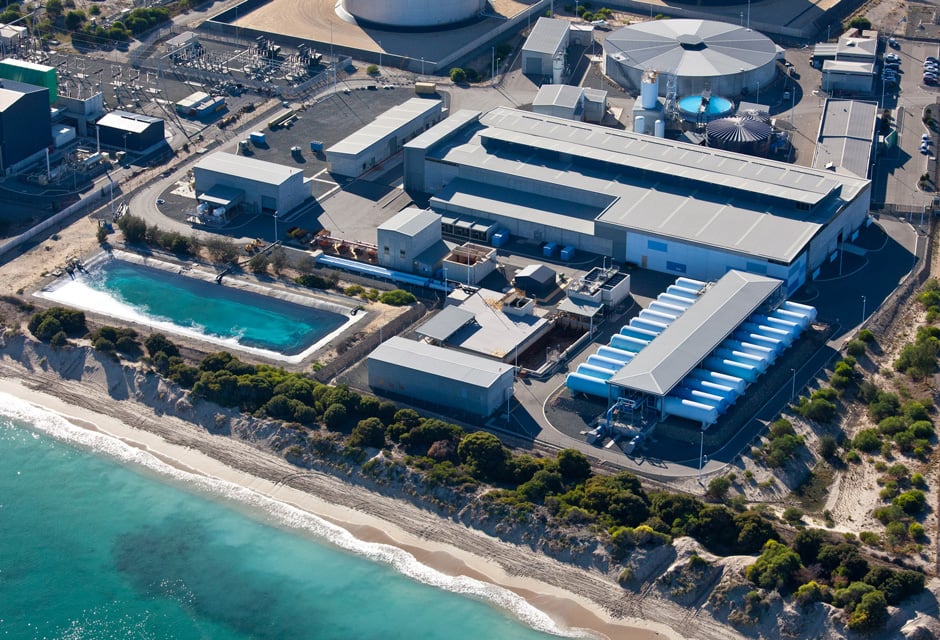- Joined
- Sep 12, 2014
- Messages
- 12,686
- Reaction score
- 5,301
I am aware the earth is made up of nearly 2/3 rds of water but I am talking about drinking water. Is it possible that it can be gone, lets say for instance it dries up, it is mixed with harmful chemicals and so on. What do you guys think? Maybe in 100 years? 30?



